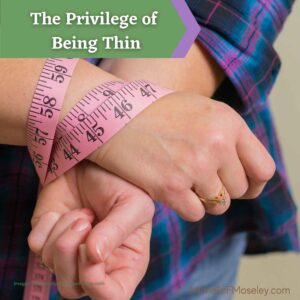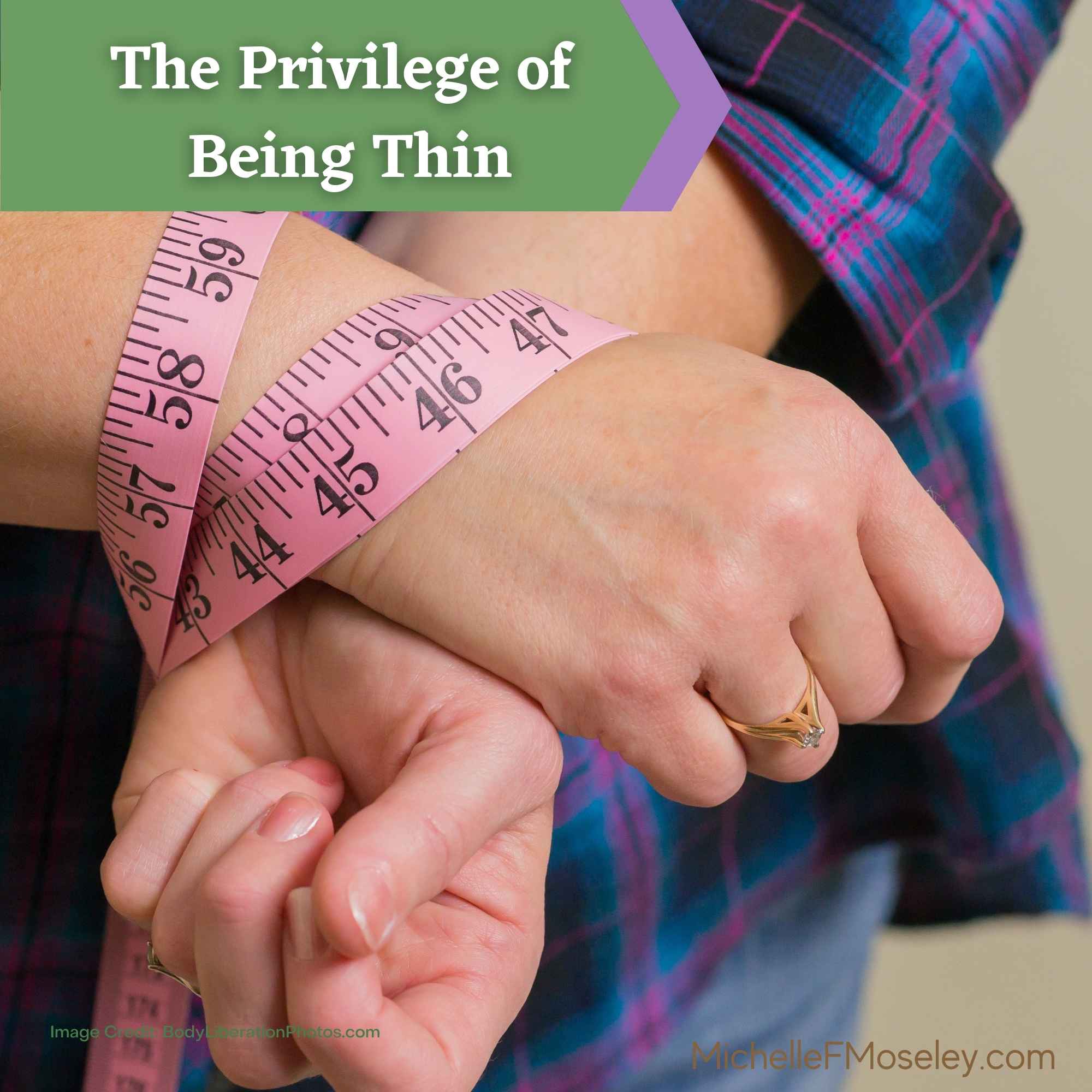Privilege is a word that tends to get a strong reaction from people. Often, when a person is confronted with the idea that they have a certain type of privilege (i.e. white privilege, male privilege, financial privilege, etc.), they can feel defensive and begin explaining how their life hasn’t been all rainbows and butterflies. But privilege doesn’t mean everything has come easy for you; it means that things weren’t harder for you because of the area where you have privilege. For example, if you are a cisgender male (i.e. your gender identity matches your assigned gender), you may have had difficulties in life, yet those difficulties generally weren’t because of your gender.
For many, there is a both/and dynamic to privilege. A cisgender Asian man may experience gender privilege, yet not have racial privilege due to being a person of color. Someone who comes from a financially wealthy background may experience financial privilege while also being oppressed based on their gender or sexuality. And while a person who exists in a smaller body may experience oppression due to race or sexuality or religious beliefs, they have the privilege of existing in a body which is held in high esteem in US culture.

What is thin privilege?
If you’ve never thought about whether a seatbelt in a car, plane, or amusement park ride would fit you, that’s thin privilege.
If you wear the swimsuit or participate in the activity without thinking about the size of your body, that’s thin privilege.
If you’ve never had to ask about weight limits for an activity, that’s thin privilege.
If you’re able to go into pretty much any store and find clothing that will fit your body, that’s thin privilege.
If you’re not affected by the fact that Old Navy is removing it’s plus size clothing from stores less than a year after promoting #BodyEquality, that’s thin privilege.
If you’ve never felt the table pressed against your body while sitting in a booth, that’s thin privilege.
If you’ve never had a medical provider lecture you about losing weight when you’re seeking treatment for a sinus infection, that’s thin privilege. (Because apparently thin people don’t get sinus infections???)
If you’ve never felt forced to stand due to a lack of chairs you felt comfortable would accomodate your body, that’s thin privilege.
If you’ve never worn clothing you didn’t like because it was the only thing that fit your body, that’s thin privilege.
If you’ve never had to worry about whether a medical gown or blood pressure cuff would fit, that’s thin privilege.
These are just some of the ways that thin privilege shows up. I have lived in a larger body the majority of my life, except for the 2 years that I had an undiagnosed eating disorder. It was never diagnosed because I was a fat person losing weight. The restrictive rules around food and the excessive compulsions around exercise were overlooked by both the people in my personal life and my medical providers. Because I was losing weight! But as soon as I attempted to live normally, eating more than the 4 “safe” foods and exercising less than 4 hours per day, the weight started creeping back. As with 95-98% of diets (including weight loss surgeries), I am now heavier than I was prior to the eating disorder, and have some chronic health problems as the result of the restriction. All because of the desire to be thin and the fear of existing as a fat person.
Fatphobia
I realize that body comments and judgement can show up regardless of your body shape or size, but there is not the same fear associated when someone comments on a smaller body. Personally, I believe we don’t have the right to comment on anyone’s body! But when the glances, comments, and judgements are aimed toward a larger body, they are filled with fatphobia.
Fatphobia is based on the belief that being fat is one of the worst things someone could be, that having a larger body makes a person unworthy of love or respect. Fatphobia leads to comments such as “nothing feels as good as skinny feels.” Fatphobia creates a culture where weight loss is celebrated at all costs – even when it’s due to an eating disorder, or an illness, or literal mutilation of one’s organs via weight loss surgery. Fatphobia leads to people making assumptions about others’ health based on the size of their body. Fatphobia leads to the medical industry using BMI (a mathematic formula created to assess a particular population as a whole, and not meant to be used in relation to individual people) to determine one’s worth, value, and access to insurance coverage. Fatphobia leads to people making their bodies invisible, with clothing or self-deprecating comedy or social withdrawal, rather than bringing their full, wonderful, and beautiful selves into the world.
What’s Next?
Adding some diversity to the images you see will change your view of bodies. One of the things I like about Instagram is that I can choose who to follow and I can seek out all types of bodies – different sizes and shapes and abilities and colors. We’re not stuck with whatever airbrushed image magazines give us anymore! A few of my faves on Instagram are @maddy-gutierrez, @theoliviaphillips, @aliciamccarvell, @thenutritiontea, and @elyse_myers. Find the folks that resonate with you and unfollow or mute those who aren’t adding to your life.
Working with a mental health professional who understands fatphobia and knows that there are so many more facets to overall health than just body size may be the next step for you. If you’re located in NC and would like to explore these concepts or dig deeper into your own struggles related to thin privilege and fatphobia, please contact me and we can see if we might be a good fit to work together. You may also want to check out my upcoming Body Mindfulness Group, open to adults of all genders in NC. The topics covered in this group are all about connecting with your body and healing your relationship with food and your body, no matter your shape or size.
Michelle F. Moseley is a licensed clinical mental health counselor providing telehealth services in the state of North Carolina. She specializes in providing support for folks who struggle with feelings of not being enough, which often stem from messages of being “too much.” She works from a trauma-informed perspective, and believes that ALL people deserve respect, compassion, and to feel heard. Learn more about Michelle by visiting www.MichelleFMoseley.com or following her on Instagram – @therapy_with_michelle


